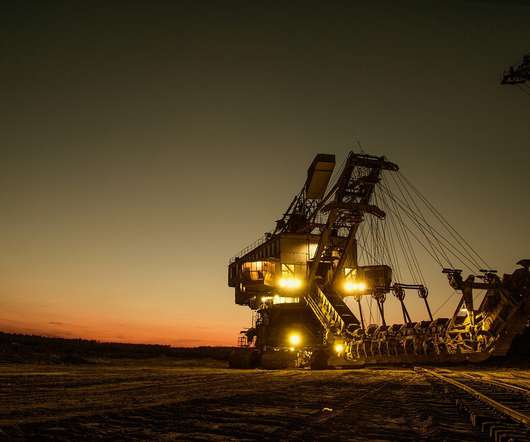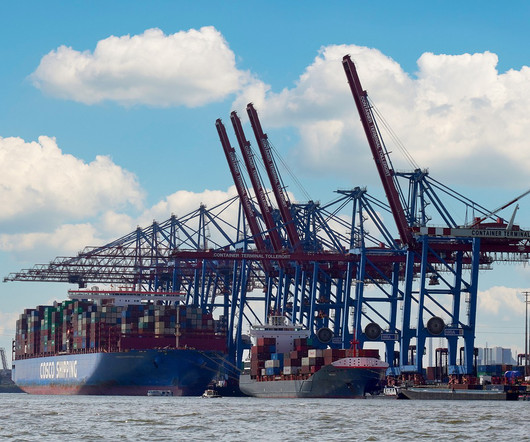Li-ion Reserve in the World: How it Revolutionised the EV Industry
Get Electric Vehicle
MAY 30, 2021
Though steam was doing well powering the trains and factories incorporating a steam engine into a personal car was not a practical and efficient way and soon became obsolete mainly due to the long starting time and the need to fill water in a short span with other numerous other inconvenience. Lithium Deposits In The World.












Let's personalize your content